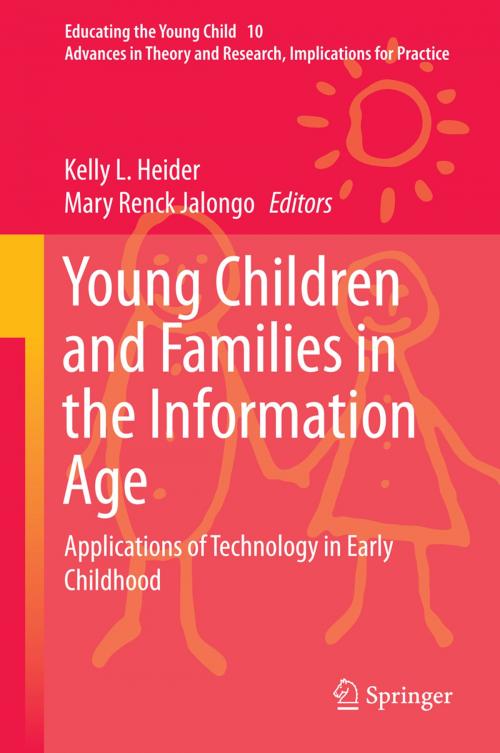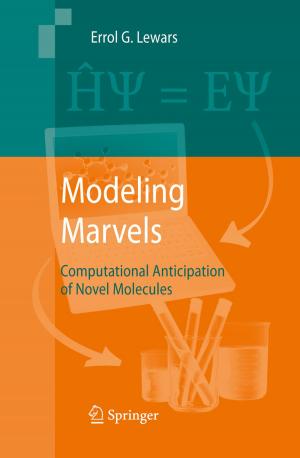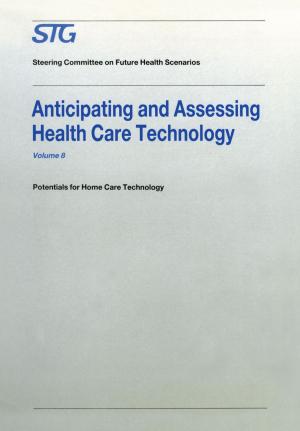Young Children and Families in the Information Age
Applications of Technology in Early Childhood
Nonfiction, Reference & Language, Education & Teaching, Preschool & Kindergarten, Teaching, Computers & Technology| Author: | ISBN: | 9789401791847 | |
| Publisher: | Springer Netherlands | Publication: | December 5, 2014 |
| Imprint: | Springer | Language: | English |
| Author: | |
| ISBN: | 9789401791847 |
| Publisher: | Springer Netherlands |
| Publication: | December 5, 2014 |
| Imprint: | Springer |
| Language: | English |
This edited book presents the most recent theory, research and practice on information and technology literacy as it relates to the education of young children. Because computers have made it so easy to disseminate information, the amount of available information has grown at an exponential rate, making it impossible for educators to prepare students for the future without teaching them how to be effective information managers and technology users. Although much has been written about information literacy and technology literacy in secondary education, there is very little published research about these literacies in early childhood education. Recently, the National Association for the Education of Young Children and the Fred Rogers Center for Early Learning and Children’s Media at Saint Vincent College published a position statement on using technology and interactive media as tools in early childhood programs. This statement recommends more research “to better understand how young children use and learn with technology and interactive media and also to better understand any short- and long-term effects.” Many assume that today’s young children are “digital natives” with a great understanding of technology. However, children may know how to operate digital technology but be unaware of its dangers or its value to extend their abilities. This book argues that information and technology literacy include more than just familiarity with the digital environment. They include using technology safely and ethically to demonstrate creativity and innovation; to communicate and collaborate; to conduct research and use information and to think critically, solve problems and make decisions.
This edited book presents the most recent theory, research and practice on information and technology literacy as it relates to the education of young children. Because computers have made it so easy to disseminate information, the amount of available information has grown at an exponential rate, making it impossible for educators to prepare students for the future without teaching them how to be effective information managers and technology users. Although much has been written about information literacy and technology literacy in secondary education, there is very little published research about these literacies in early childhood education. Recently, the National Association for the Education of Young Children and the Fred Rogers Center for Early Learning and Children’s Media at Saint Vincent College published a position statement on using technology and interactive media as tools in early childhood programs. This statement recommends more research “to better understand how young children use and learn with technology and interactive media and also to better understand any short- and long-term effects.” Many assume that today’s young children are “digital natives” with a great understanding of technology. However, children may know how to operate digital technology but be unaware of its dangers or its value to extend their abilities. This book argues that information and technology literacy include more than just familiarity with the digital environment. They include using technology safely and ethically to demonstrate creativity and innovation; to communicate and collaborate; to conduct research and use information and to think critically, solve problems and make decisions.















